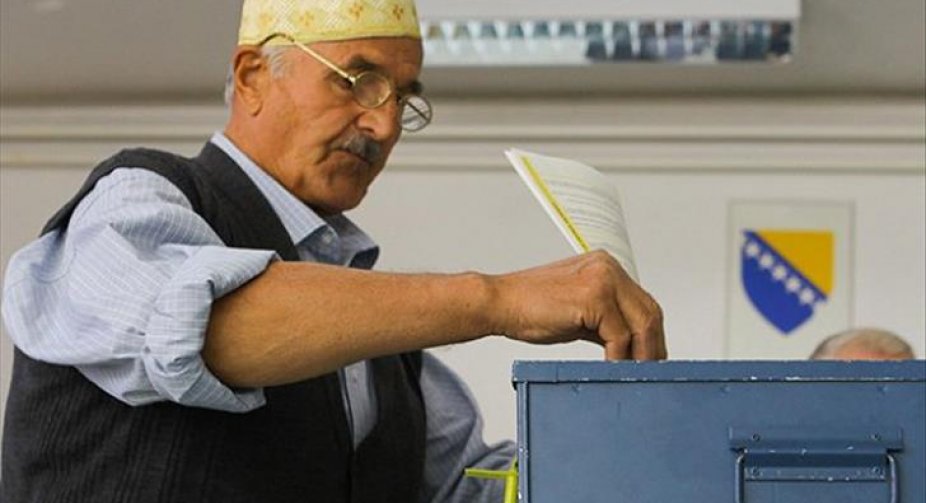In Bosnia and Herzegovina, preliminary voting results showed a change in the composition of the tripartite presidium of the country.
This is reported by "European Truth".
Bosnia and Herzegovina consists of two autonomous regions: the Serb-dominated Republika Srpska and the Bosniak and Croat Federation of Bosnia and Herzegovina, bound together by a weak central government. In the north there is also the neutral district of Brcko.
One representative from each ethnic community is elected to the Presidium of Bosnia and Herzegovina.
According to the data of the counting of almost 55% of the voters' votes, the moderate Bosnian candidate Denys Becirovych is leading the race for the post of the Presidium of Bosnia with a result of 55.78%. He will beat Bakir Izetbegovic, whose nationalist Bosnian Muslim Party for Democratic Action (SDA) has been in power since the war ended in 1996.
Based on the calculation of 54.73% of the voters' votes, the representative of the "Croatian Democratic Commonwealth" party, Borjan Krishto, will receive a place in the presidium from the Croats with 51.36% of the votes, she will replace Željko Komšić, who has 48.64%. It was believed that if Komšić won, Croatian nationalists could block the formation of a government.
The associate of the pro-Russian leader of the Bosnian Serbs, Milorad Dodik, Želka Cvijanović, won 51.65% of the votes based on 39.57% of the ballots in the race for the post of the Bosnian Serb presidium.
Dodik himself did not put forward his candidacy for the presidium this time, instead he chose the post of president of the Republika Srpska. The CEC has not yet announced any results, but the two main candidates for the position, Milorad Dodik and his rival Olena Trivych, have announced their victory. Dodik's party announced in the morning that its candidate won with a margin of 31,000 votes.
The elections in Bosnia come amid the country's worst political crisis since the end of the war in the 1990s, fueled by the separatist policies of the Republika Srpska leadership and threats of a blockade by Bosnian Croats.
